- (+91) 808-786-2221
- [email protected]
सेवा
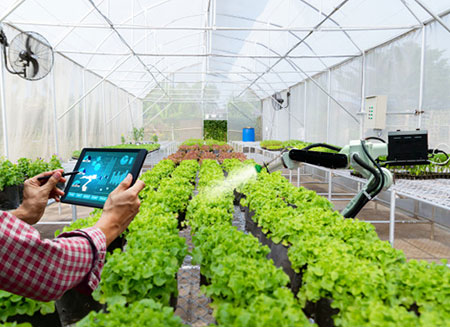
E-AGRICULTURE
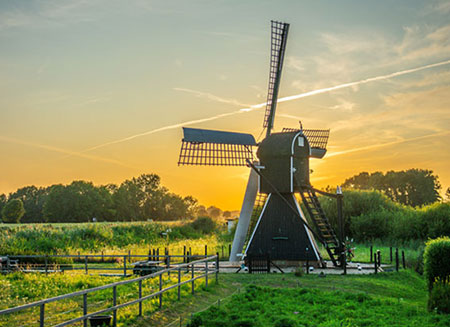
RURAL DEVELOPMENT
Within the country, the rural communities are still in an underdeveloped state. The individuals are residing in the conditions of poverty, they are illiterate and unemployed. Due to these factors, they are unable to sustain their living conditions in an appropriate manner. It is essential to formulate programs, schemes and measures that have the main objective of bringing about improvements in rural communities.
The main areas that have been taken into account in this research paper include, concept of rural development, approaches to rural development, problems experienced by rural individuals, programs initiated by the Government for rural development.
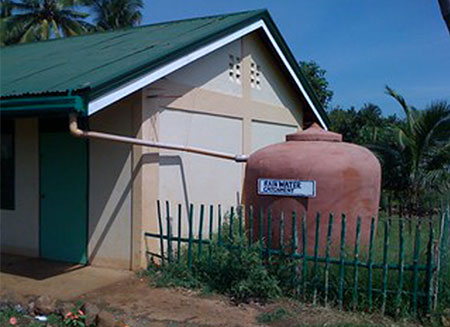
RAIN WATER HARVESTING
Water scarcity is serious problem throughout the world for both urban & rural community. Urbanization, industrial development & increase in agricultural field & production has resulted in overexploitation of groundwater & surface water resources and resultant deterioration in water quality. The conventional water sources namely well, river and reservoirs, etc. are inadequate to fulfill water demand due to unbalanced rainfall. While the rainwater harvesting system investigate a new water source. The aim of the present study is to use rainwater and thus taking close to the concept of nature conservation.
In this study, the rain water harvesting (RWH) system is analyzed as an alternative source of water at campus of Government College of Engineering, Aurangabad (GECA) in the state of Maharashtra, India. The expected outcome of the study is the development of rainwater harvesting system for catchment area of campus from parking area, workshop area, some of the electronics department area up to Hostel ‘A’. The result analysis shows that the present RWH system is having the storage 53,96,816 liters/year and construction cost of Rs.5 lakhs respectively and is reasonably well in comparison with conventional water sources. The developed system satisfies the social requirements and can be implemented in rural areas by considering almost all the technical aspect.
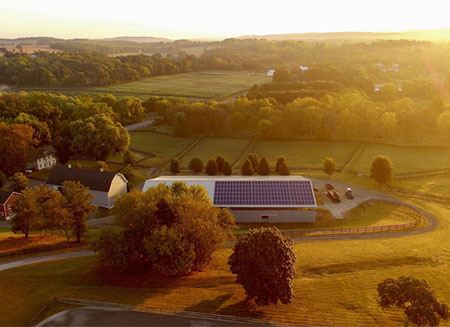
SOLAR FARMING
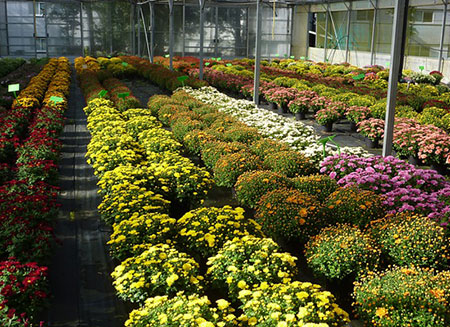
HORTICULTURE DEVELOPMENT
Despite several challenges and opportunities namely tumultuous weather, seasonal cyclones, occasional drought, demographic pressure, industrialization, urbanization and unprecedented use of insecticide & pesticide and compulsion for migration of rural masses to urban areas, especially for their livelihood. Albeit, there is a major change in various sectors of horticulture, which resulted enhance the production of horticulture 268.84 MT (2012-2013) surpassing the food grain production (255.36 MT) in the recent years. Horticulture is not merely a means of diversification but forms an integral part of food, nutritional security and poverty alleviation, and also an essential ingredient of economic security. India, like many other countries, is very concerned about food security, thus rural development has become primary area of focus in the current agricultural and horticultural development programs.
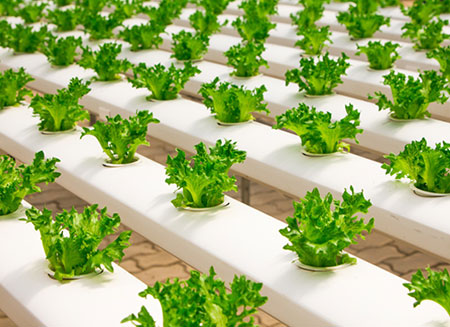
ORGANIC FARMING
India is endowed with various types of naturally available organic form of nutrients in different parts of the country and it will help for organic cultivation of crops substantially. India’s total area under organic certification is 4.72 million hectare in 2013-14 and its global rank is 10th. The CGR of cultivation of organic area of India is 11.52% of which wild collection is 12.57% and remaining area is 7.45% during 2005-2013. The co-efficient of variation is approx 0.5% during same period. Compound growth rate of export quantity of organic products of India is 51.50% and export value is 11.75% during 2002-03 to 2013-14. Among all the states in India, Uttar Pradesh has highest area under organic farming followed by Himachal Pradesh, Madhya Pradesh and Maharashtra in 2011-12. The prices of organic products are higher than the non-organic products in domestic markets. India exports around 135 organic products of which the share of oil crops in total organic export quantity was (26.74%) followed by cotton (24.48%) basmati rice (11.81%) in 2013-14. India is exporting organic products to all the continents of the world of which the largest share goes to EU (44.12%), followed by USA (19.2%). An attempt is made to analyze the importance of organic farming, principle of organic farming, Marketing and export of organically produced products in India.
